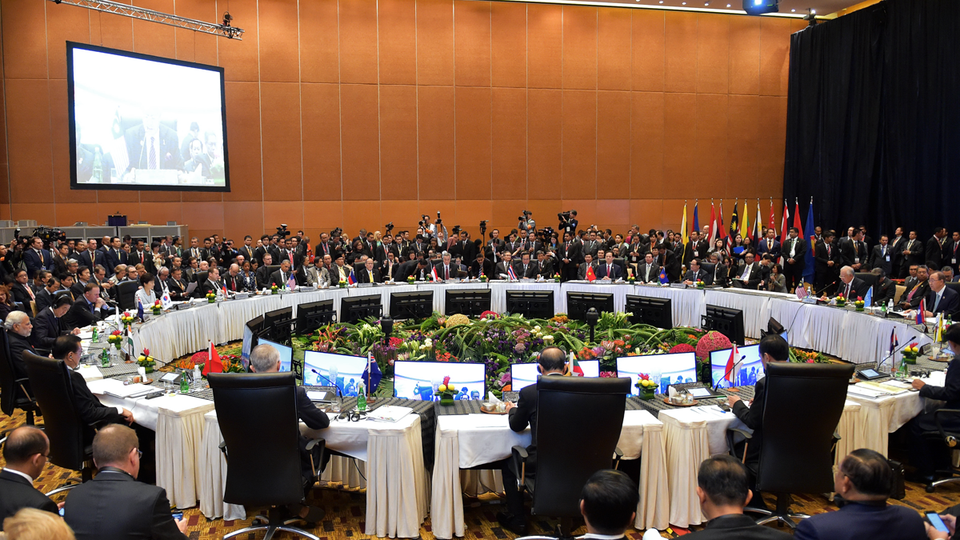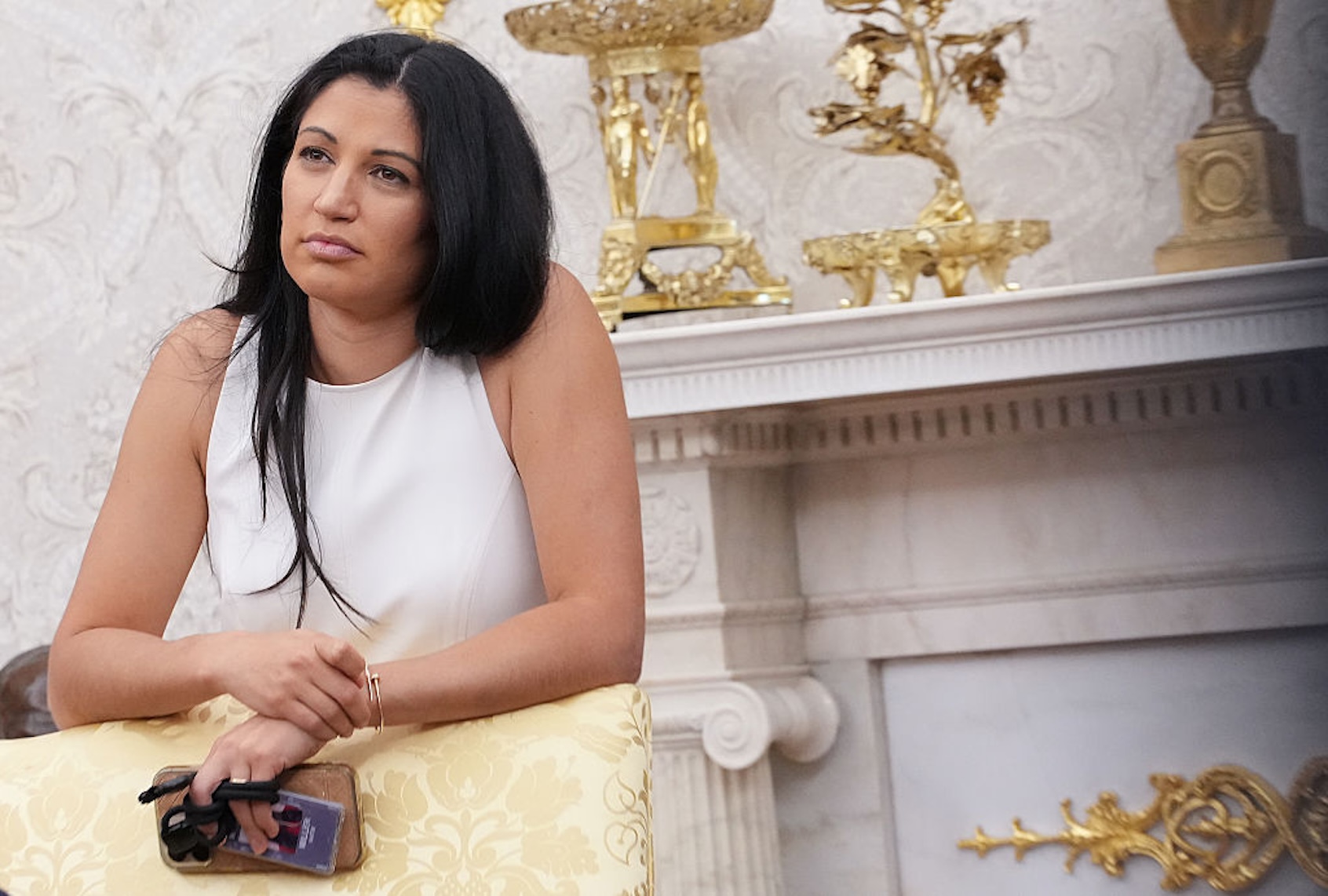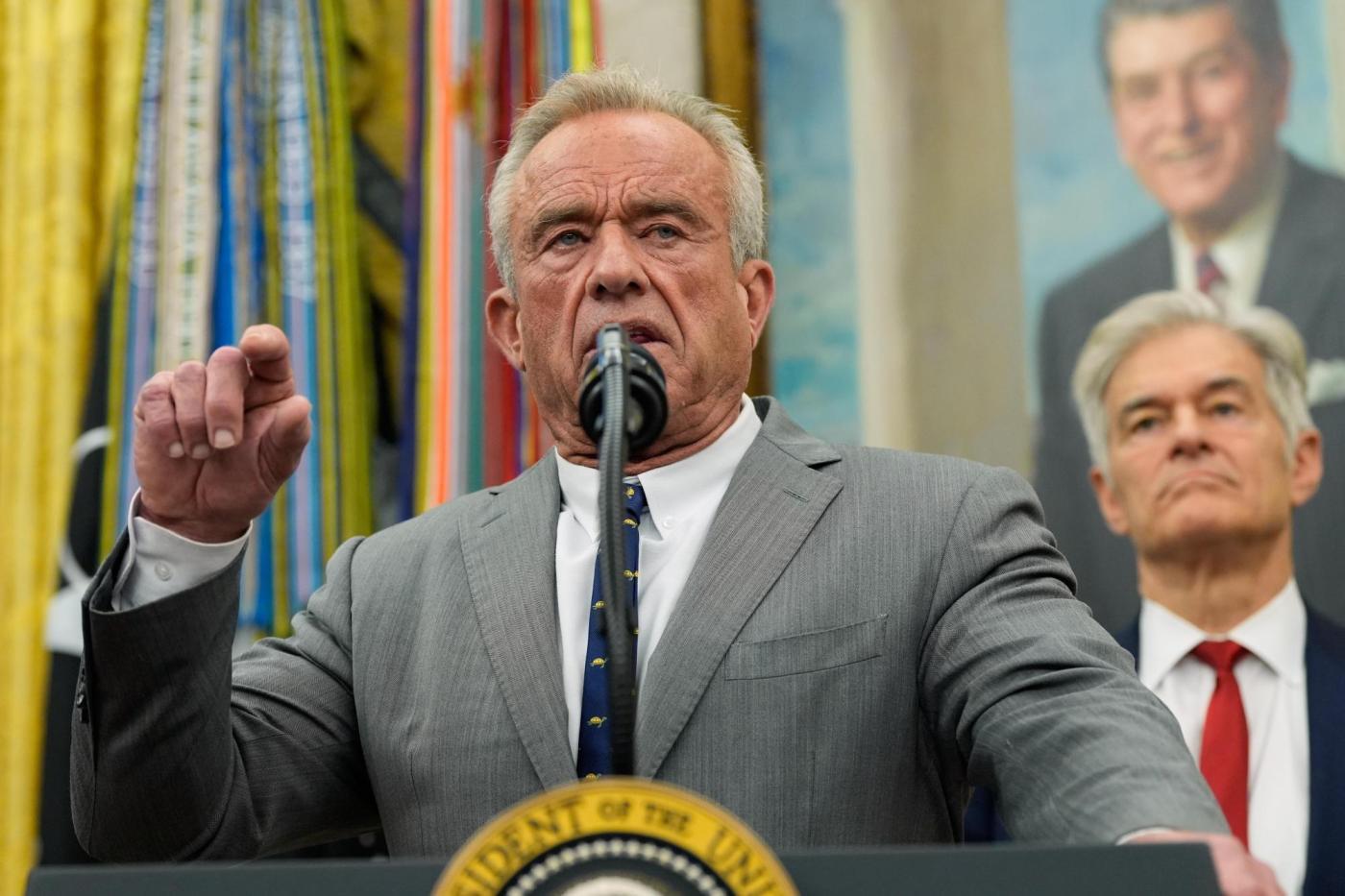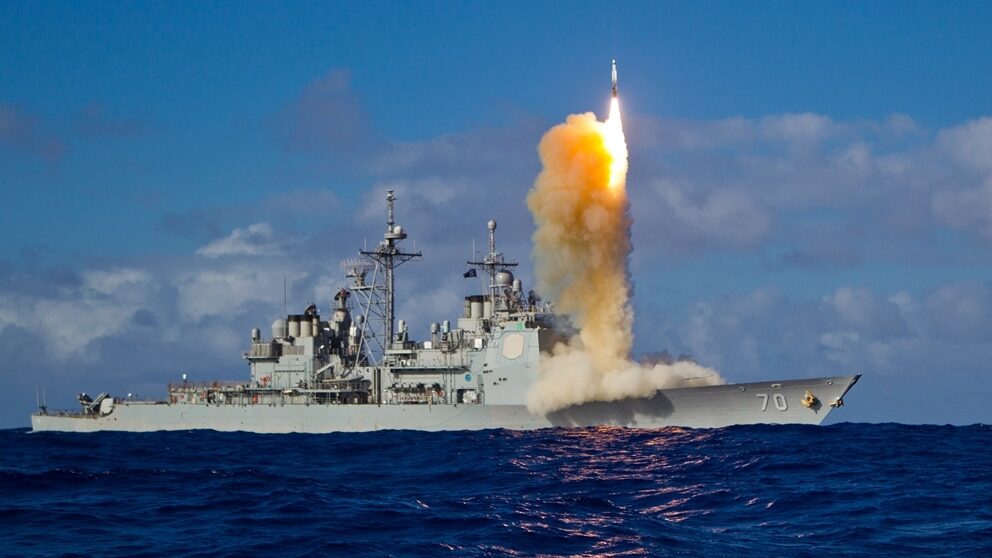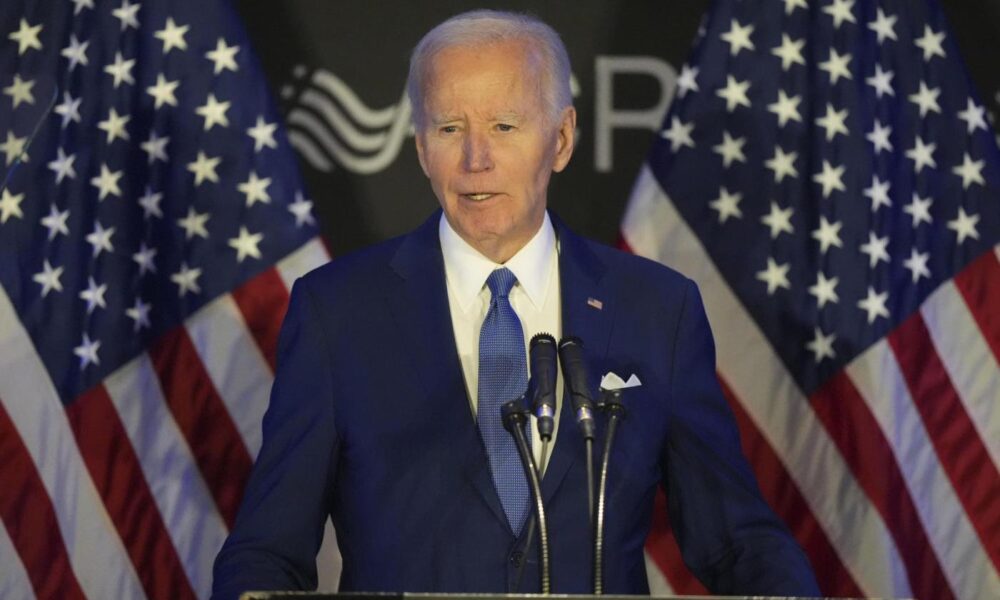Human Rights Watch (HRW) has called on leaders attending the upcoming ASEAN and East Asia Summit in Kuala Lumpur to firmly oppose Myanmar’s military junta and its plans for national elections scheduled for December 2023. The organization described the electoral process as a “sham” that would deepen repression and violence within the country.
In an open letter addressed to governments participating in the ASEAN and East Asia Summits, HRW urged member states to refuse recognition of the junta’s elections. The organization called for increased diplomatic isolation of Myanmar’s military rulers and emphasized the urgent need for humanitarian and refugee assistance. The situation in Myanmar has been characterized as one of the most severe displacement crises in Asia since the Second World War, with over 3.5 million people displaced and millions facing acute food insecurity.
Since the military coup on February 1, 2021, Myanmar’s armed forces, led by Senior General Min Aung Hlaing, have launched a violent campaign against pro-democracy activists and ethnic resistance groups. HRW documented extensive airstrikes, artillery bombardments, and deliberate attacks on civilians and civilian infrastructure. The organization pointed out that a new election law, enacted on July 30, 2023, criminalizes protests or criticisms of the elections, imposing severe penalties, including the death penalty.
In September, a man was sentenced to seven years of hard labor for posting online criticisms of the upcoming elections. HRW highlighted that such actions may violate international humanitarian law and the statutes of the International Criminal Court (ICC). Although Myanmar is not a party to the ICC, there is a precedent for prosecuting crimes against the Rohingya that involve cross-border conduct with Bangladesh. This precedent could be invoked if the United Nations Security Council refers the situation to the ICC under Article 13(b) of the Rome Statute.
HRW emphasized that ASEAN leaders must “categorically reject” any attempt to legitimize the elections. The letter referenced warnings from UN High Commissioner for Human Rights and UN Special Envoy Julie Bishop, who cautioned that elections conducted under the current conditions could exacerbate violence and destabilize Myanmar further. Recent statements from former ASEAN foreign ministers echoed this sentiment, advocating for a “complete strategic reset” regarding Myanmar and criticizing the bloc’s current approach.
Under ASEAN’s own charter, the organization is committed to strengthening democracy, enhancing good governance, and promoting human rights. Legal scholars argue that continued engagement with the junta without consequences undermines these commitments and could damage ASEAN’s credibility as a rules-based institution.
The humanitarian crisis in Myanmar is also critical. Currently, over four million Myanmar nationals reside in Thailand, with nearly half being undocumented. Additionally, approximately 180,000 Rohingya refugees in Malaysia face threats of arrest and deportation. HRW urged ASEAN governments to increase aid, restore UN funding, and commit to protecting refugees from forced return.
International law imposes clear obligations on states regarding refugees, particularly the principle of non-refoulement, which prohibits returning individuals to nations where they may face persecution or serious harm. HRW called on ASEAN members to uphold this principle and cease maritime “pushbacks” of Rohingya asylum seekers intercepted at sea. The organization commended Thailand for introducing new regulations allowing registered Myanmar refugees to work, a policy it encouraged Malaysia and other nations to adopt to alleviate economic vulnerabilities.
While ASEAN traditionally adheres to the principle of non-interference, HRW stressed that the bloc’s commitment to human rights provides both a legal and moral foundation for collective action in response to actions that pose threats to peace and stability. As the situation evolves, the stance taken by ASEAN leaders at the upcoming summit will be crucial in determining the future of Myanmar and its people.

